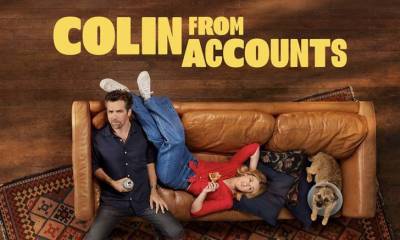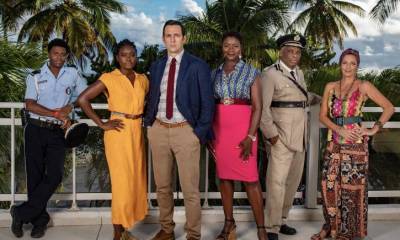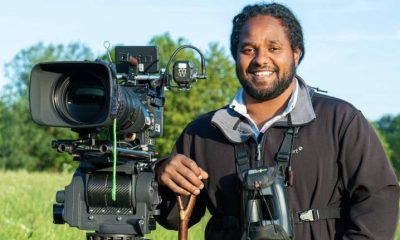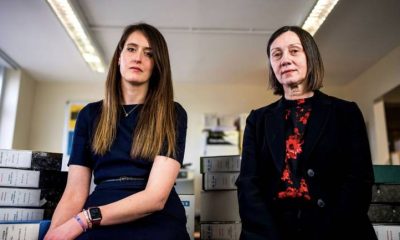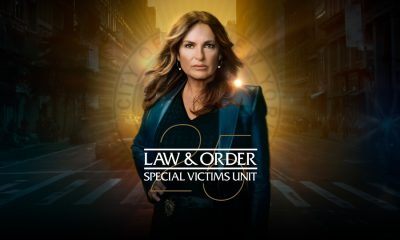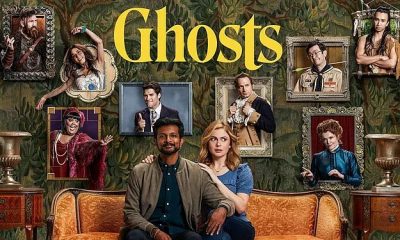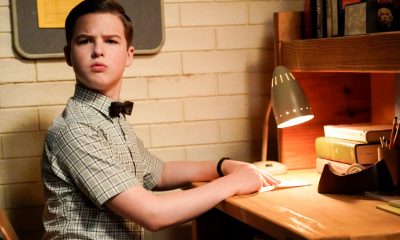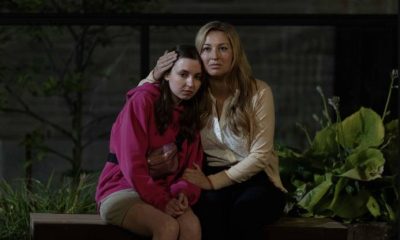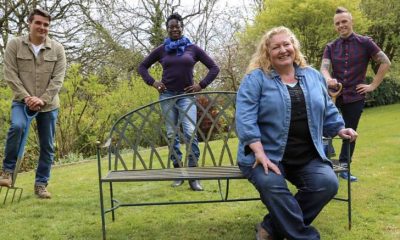Interviews
Ten Pound Poms Interviews: Warren Brown
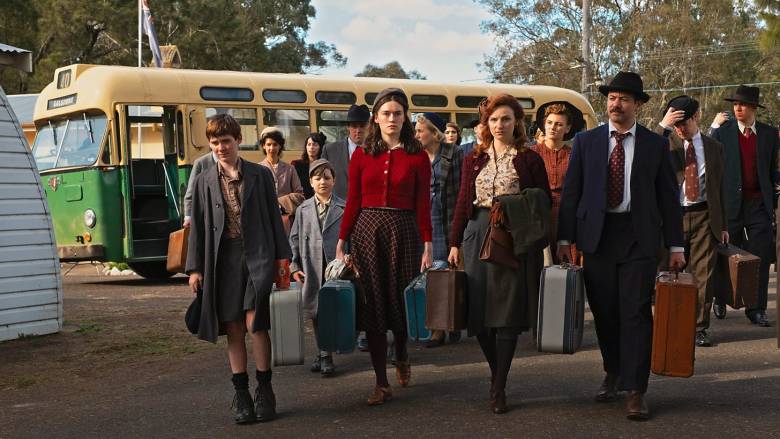
Ten Pound Poms Interviews: Warren Brown
The new original drama series Ten Pound Poms was created by Danny Brocklehurst. The plot of the six-part series centres on a group of British people who, in 1956, flee the gloom of post-war Britain for a chance at a new life on the other side of the world.
Warren Brown plays Terry Roberts.
Who do you play and what sort of a person is he?
We meet Terry and his family in Manchester in 1956, more than a decade after the end of World War II. We learn that Terry is still suffering, badly affected by those experiences and using alcohol to numb the pain. This has led to a tumultuous home life. When Annie sees an advert for the Assisted Migration scheme they decide to move to Australia in the hope of a better life. You know, affordable housing, great job opportunities and a more optimistic way of life. But the reality is that when they arrive there they found themselves living in hostels and the job opportunities weren’t necessarily what they’d been led to believe. One of the brilliant things about playing this character is that Terry goes on such a rollercoaster of emotions, from start to finish. I got to go on a journey too, working with all these different actors in a different country.
What do you think it was like for them to arrive on the other side of the world?
It must have been a massive culture shock for the real Ten Pound Poms. I think we take for granted how easy it is to travel from one side of the world to the other nowadays, but these people were on a ship for more than six weeks with no outside contact, no social media, no instant means of communication. I mean, I was on the phone to family and friends every day when I was out there.
What drew you to the scripts?
I didn’t know much about the Ten Pound Poms scheme. Danny Brocklehurst’s scripts were brilliant and the character was really interesting. It’s heart-breaking to see what Terry is going through and how determined he is to get away from his troubles. But the reality is that they’re not made to feel welcome because they’re immigrants out in Australia. Terry does manage to get a job to try and provide for his family, ultimately to get their own house, but that isn’t plain sailing either.
What were the challenges of filming?
Some of the most challenging scenes were ones we shot in a place called Carcoar in New South Wales which is about three and a half hours outside Sydney, over the Blue Mountains. This is where you get to see Terry’s struggles, his efforts to fit in with the workforce around him. The Roberts family have come to Australia in the heat of the summer, it’s baking hot – but it was actually p*****g it down. I mean there was snow on a couple of the days that we were filming. I was wearing very little in freezing temperatures and it was pretty hard.
But you know, going to locations like that and getting the work done is only possible because absolutely everyone, cast and crew alike, are working in pretty challenging conditions but still no one complained – well, I probably complained quite a bit – everyone pulled together. So it’s been one of the hardest jobs, but also one of the most rewarding and enjoyable, to be on the other side of the world doing the job that you love, it’s all about the experience, the people you meet and the connections that you make and we’re all in this weird and wonderful circus, so many people away from home.
You discovered you had a personal story relating to the real Ten Pound Poms?
It transpired that I have a family link to the real Ten Pound Poms. Back in the sixties my mother’s family were living in Manchester and were all set to move out to Australia; they’d packed up and sold everything, but at the very last minute my grandmother panicked and bottled out– so it could have been a very different story if they had gone through with that.
What do you think audiences will learn from the series?
The Ten Pound Poms scheme is a big part of British and Australian history that a lot of people haven’t heard about, certainly not the younger generation, and the series is a kind of fictional retelling shedding a light on what would have been some of those people’s stories. It’s been a privilege and a joy to work with everyone out in Australia – it’s a wonderful place.
-

 News3 days ago
News3 days agoSpring Baking Championship, April 29, 2024, Food Network, “Something Borrowed, Something Old”
-

 News3 days ago
News3 days agoQuarter Ton Teen, April 29, 2024, A&E, “Tommy”
-

 News3 days ago
News3 days agoAmerican Idol, April 29, 2024, ABC, “Judge’s Song Contest”
-

 News3 days ago
News3 days agoDeal or No Deal Island, April 29, 2024, NBC, “Are You Powerful?”




